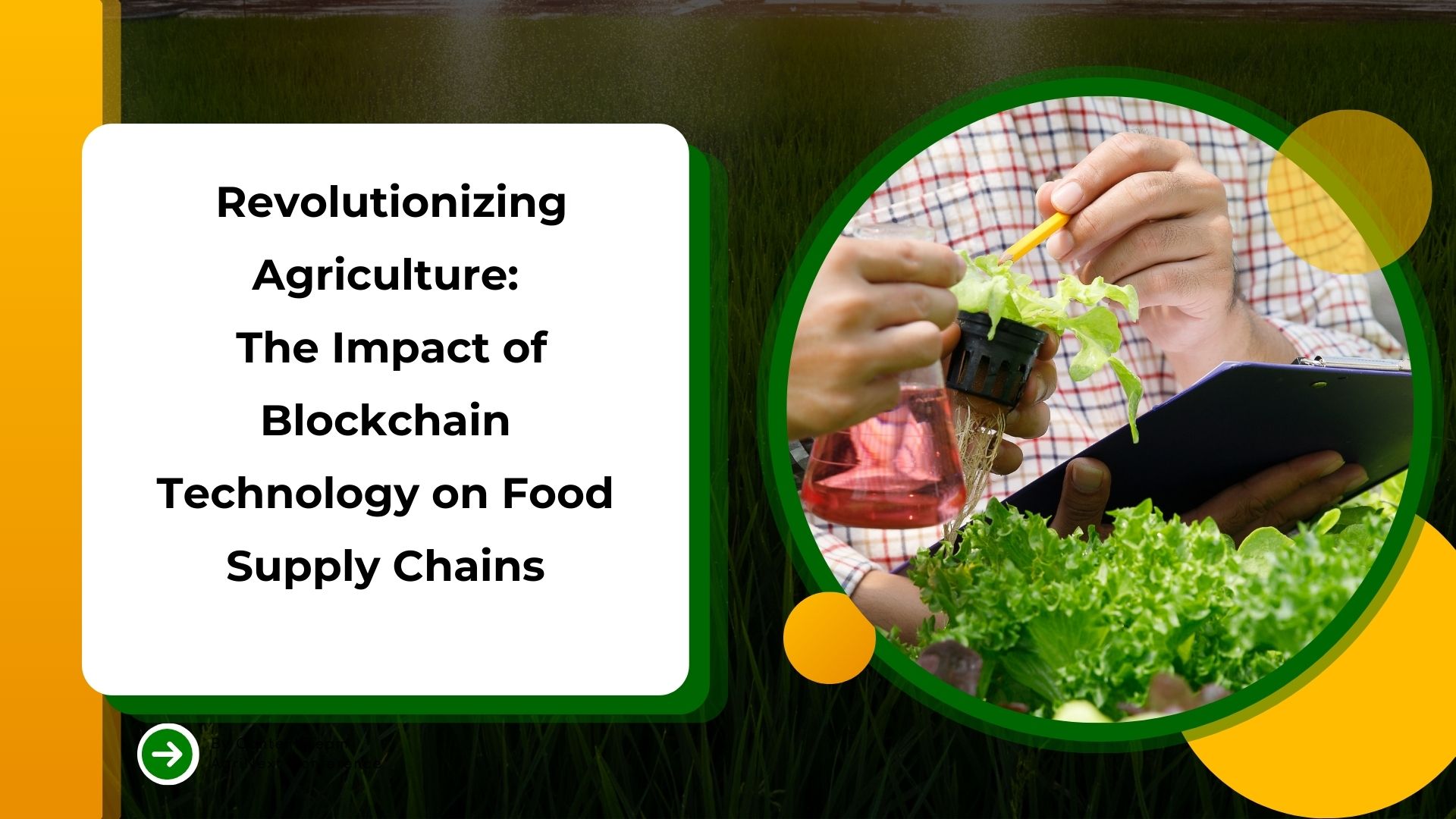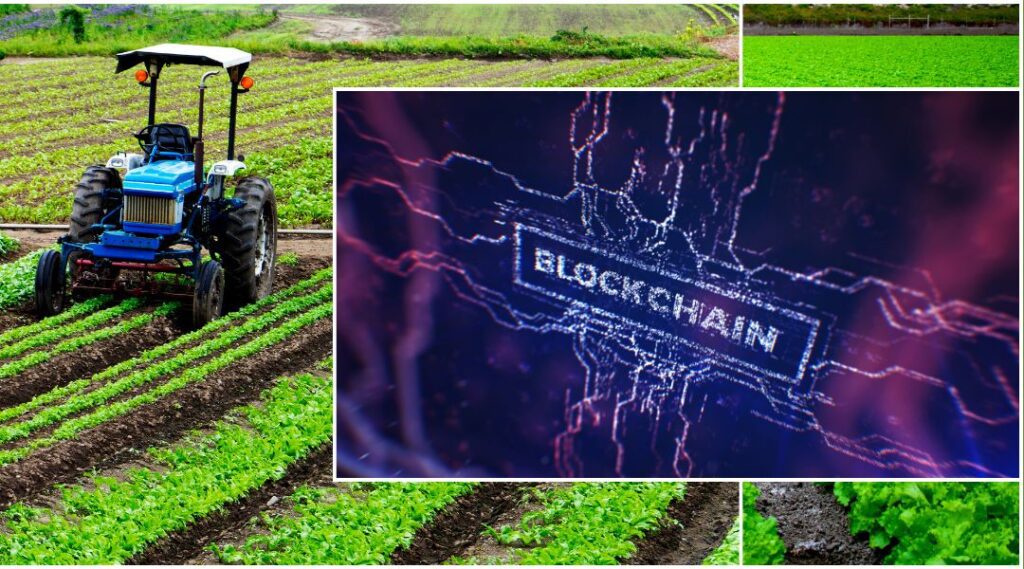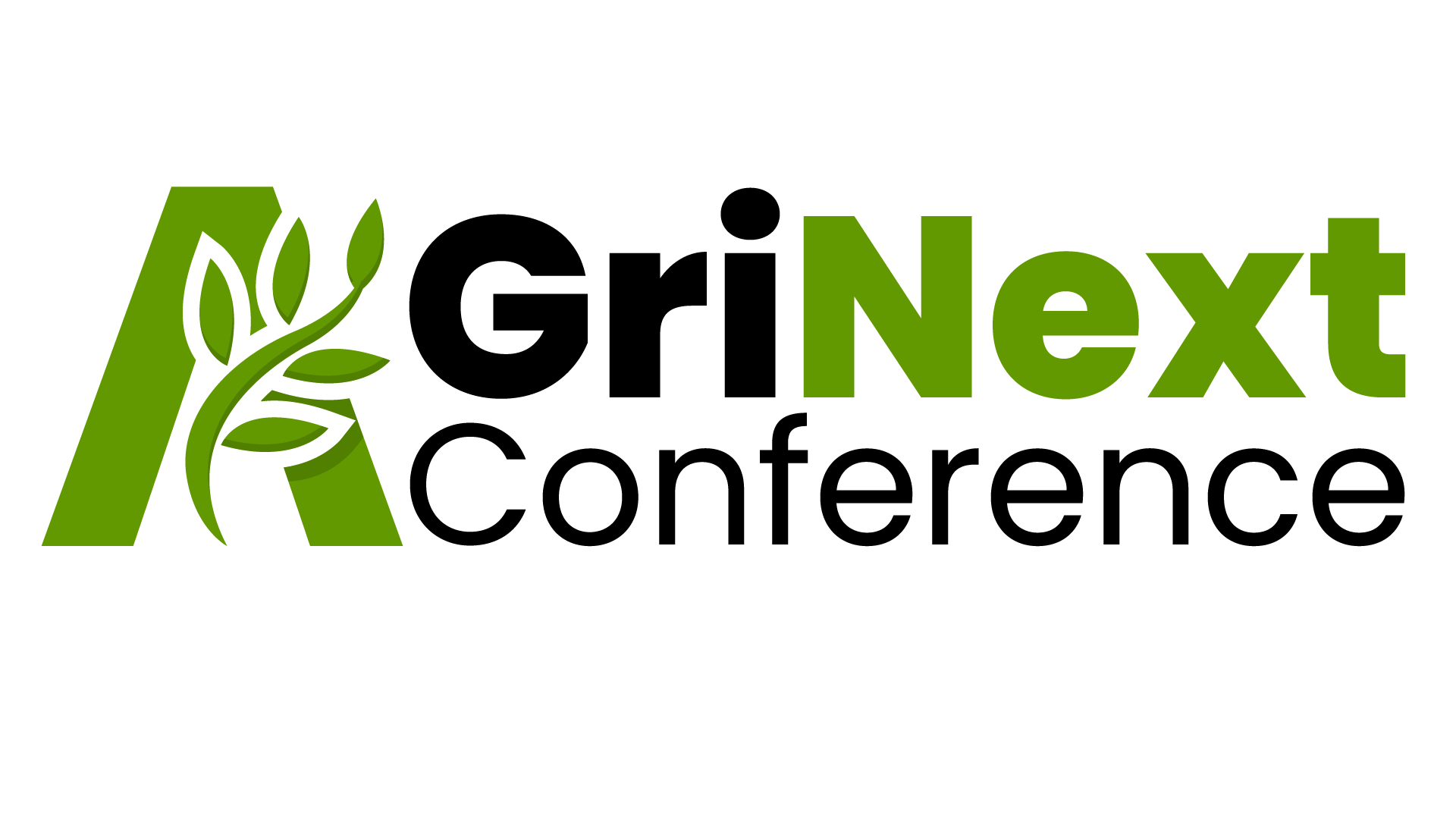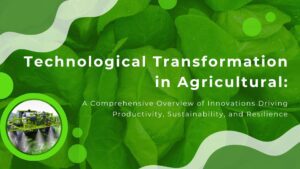
“The blockchain cannot be described just as a revolution. It is a tsunami-like phenomenon, slowly advancing and gradually enveloping everything along its way by the force of its progression”.
William Mougayar
Introduction:
In today’s interconnected world, consumers are increasingly concerned about the safety, quality, and sustainability of the food they eat. As a result, there is a growing demand for greater transparency and traceability in the agricultural supply chain. Blockchain technology has emerged as a powerful tool to address these challenges, offering a decentralized and immutable ledger that enables secure and transparent record-keeping. One prominent example of blockchain implementation in agriculture is the IBM Food Trust platform, which is revolutionizing the way food is produced, distributed, and consumed.
Thomas J. Watson’s( the founder of IBM) focus was primarily on establishing IBM as a leading provider of computing technology and solutions, particularly in the business and commercial sectors. However, it’s worth noting that IBM, under Watson’s leadership, did develop technologies and systems that indirectly impacted various industries, including agriculture.
Table of Contents
Example of Blockchain Technology
For example, IBM’s early computing systems and later innovations in data processing and analytics have been used in agricultural research, crop management, and supply chain optimization.
Arvind Krishna, as the CEO of IBM, has played a significant role in driving the company’s initiatives related to blockchain technology, including its implementation in agriculture.Arvind Krishna has emphasized IBM’s commitment to emerging technologies such as blockchain, cloud computing, and artificial intelligence. IBM’s blockchain platform, IBM Food Trust, is one example of the company’s efforts to leverage blockchain technology to improve transparency and traceability in the agricultural supply chain.

Overview of IBM Food Trust:
IBM Food Trust is a blockchain-based platform developed in collaboration with various companies in the food industry. It leverages blockchain technology to provide end-to-end traceability and transparency in the food supply chain. By recording every transaction and movement of food products on a secure and immutable blockchain ledger, IBM Food Trust enables stakeholders to track the journey of food products from farm to table with unprecedented accuracy and efficiency.
Partnerships and Participants:
One of the key strengths of IBM Food Trust is its extensive network of partners and participants across the food industry. From retailers and food producers to suppliers and regulators, a wide range of stakeholders are involved in the platform. Major players such as Walmart, Nestlé, and Dole have joined forces with IBM to implement blockchain technology in their supply chains, demonstrating a collective commitment to improving food safety and transparency.
Traceability and Transparency:
Blockchain technology enables enhanced traceability and transparency in the food supply chain by providing a tamper-proof record of each transaction and movement of food products. With IBM Food Trust, consumers can access detailed information about the origin, production methods, and journey of food products by simply scanning a QR code or using a mobile app. This unprecedented level of transparency empowers consumers to make informed choices about the food they purchase and consume.
Benefits and Impacts:
The adoption of blockchain technology in agriculture offers numerous benefits and impacts across the entire food supply chain. Improved food safety is one of the most significant advantages, as blockchain enables rapid identification and traceability of contaminated products, reducing the risk of foodborne illnesses and costly recalls. Additionally, blockchain enhances supply chain efficiency by streamlining record-keeping, reducing paperwork, and minimizing delays. Furthermore, increased transparency and trust in the food supply chain can lead to greater consumer confidence and brand loyalty.
Challenges and Future Outlook:
While the potential benefits of blockchain technology in agriculture are vast, there are also challenges and considerations to address. Data standardization, interoperability, and scalability are key technical challenges that need to be overcome to ensure the widespread adoption of blockchain in the food industry. Additionally, regulatory frameworks and privacy concerns must be carefully navigated to protect the integrity and security of sensitive information. Despite these challenges, the future outlook for blockchain in agriculture is promising, with continued innovation and collaboration driving the evolution of transparent and sustainable food supply chains.
The AgriNext Awards ,Conference & Expo
The AgriNext Awards ,Conference & Expo brings together professionals, researchers, entrepreneurs, and policymakers to discuss the latest advancements and challenges in agriculture. The awards recognize individuals and organizations that have made significant contributions to improving agricultural practices, sustainability, and food security. Through panel discussions, keynote speeches, and networking opportunities, the conference fosters collaboration and knowledge-sharing to drive positive change in the agricultural sector.
Conclusion:
Blockchain technology is transforming the agriculture industry by providing unprecedented transparency, traceability, and efficiency in food supply chains. The IBM Food Trust platform serves as a groundbreaking example of blockchain implementation in agriculture, showcasing the potential for technology to revolutionize the way food is produced, distributed, and consumed. As consumers increasingly prioritize safety, quality, and sustainability in their food choices, blockchain offers a powerful solution to meet these demands and build a more resilient and transparent food system for the future.

